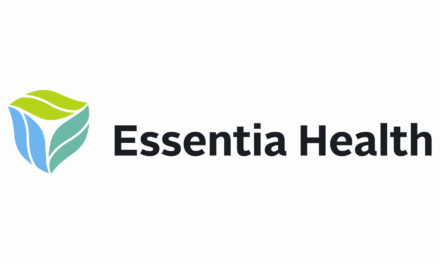
Wisconsin hospitals take measures to conserve IV solution
Hospitals coping with shortages to assure patient care
MADISON (February 2, 2018) — Wisconsin hospitals and health systems are taking steps to conserve their supply of IV solution as they cope with unprecedented shortages.
A majority of the hospitals and health systems in Wisconsin responding to a survey from the Wisconsin Hospital Association (WHA) this week, said they are proactively rationing intravenous (IV) solution to minimize the impact on their organizations. However, almost half of those hospitals say their conservation efforts are having a significant impact on staffing, scheduling or other operational issues. A few organizations reported they have come close to rescheduling procedures or sending patients to other facilities because they were so low on IV solution, but to date, no hospitals have had to transfer patients or postpone treatments. See data graphs: http://www.wha.org/pdf/IVshortageGraphs2-2-18.pdf
“Wisconsin hospitals are known for delivering high-quality patient care and even in the face of this prolonged IV solution shortage, our patients are receiving top-notch, safe care,” according to Ann Zenk, RN, WHA vice president of workforce and clinical practice. “However, our clinicians have been forced to develop resource intensive workarounds that reduce efficiency and increase health care costs.”
Alternatives, such as utilizing a syringe to slowly provide the intravenous medication rather than mix it in a bag and hang it from a pole to drip through an IV line, are time consuming for physicians, pharmacists, nurses and patients. Zenk noted the workarounds can triple or quadruple the time needed to safely prescribe, dispense and administer the medication the patient needs.
The prolonged nature of the shortage, and the severe flu season, compound the issue.
“It’s the domino effect,” Zenk said. “We started with IV solution shortages in small bags used to administer medication, and mitigation strategies cause increased use of syringes and larger volume IV bags, so we are now seeing shortages of those key supplies also.”
WHA is urging Wisconsin’s members of Congress to sign on to a letter initiated by the American Hospital Association that urges the Federal Drug Administration (FDA) to use “every authority at its disposal to address this crisis and present a plan to ensure immediate and sustained production of IV bags that also provides sufficient guidance to mitigate cost increases.”
The FDA recently announced it has taken steps to attempt to remedy this crisis by allowing the importation of saline products from other countries and by also approving new saline products. However, hospitals nationwide are concerned about the uncertainty of when these products will become available and when a long-term solution to this shortage will be implemented.
WHA is monitoring the situation with its member hospitals, the Wisconsin Department of Health Services Division of Public Health, the Wisconsin Healthcare Emergency Preparedness Program, and the Division of Quality Assurance.





